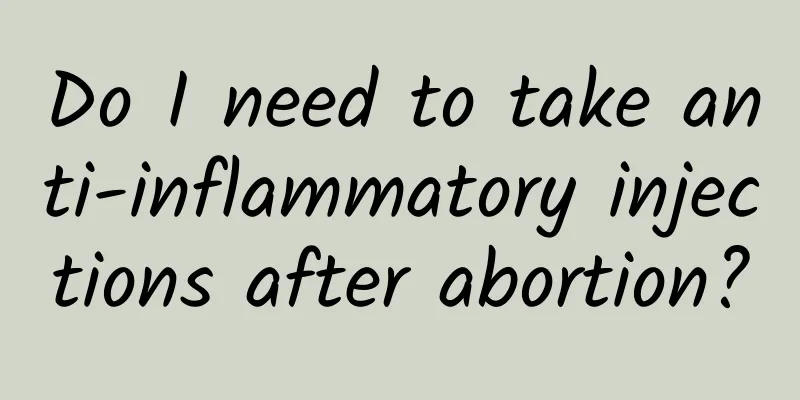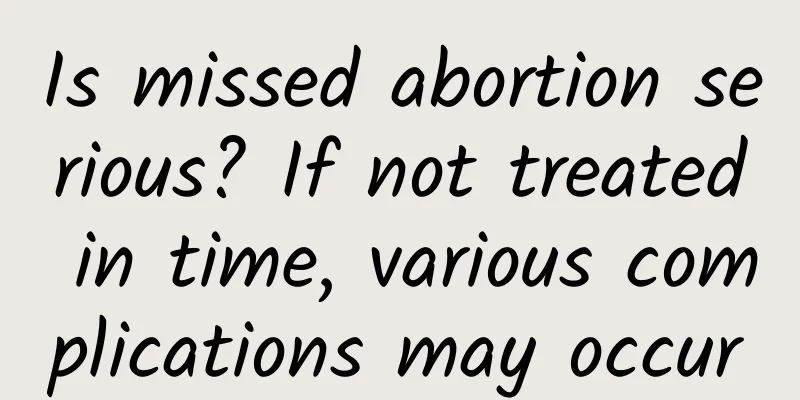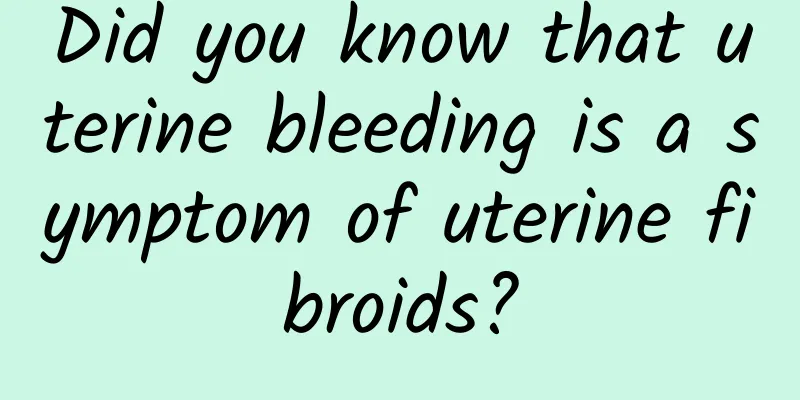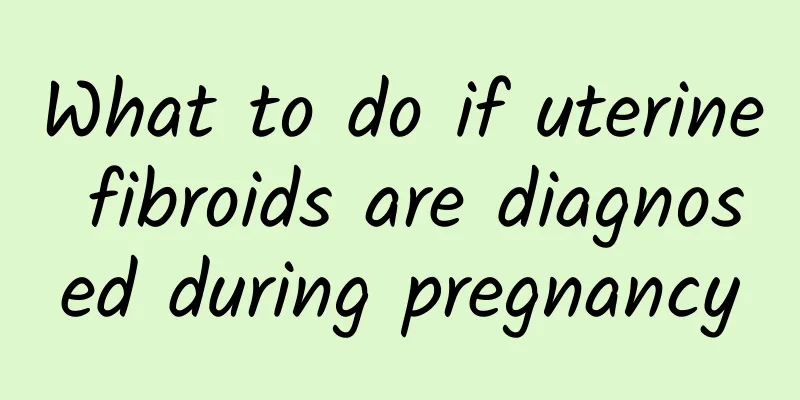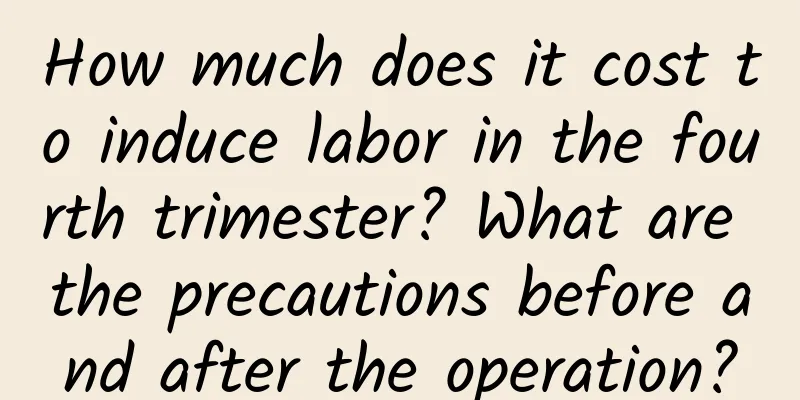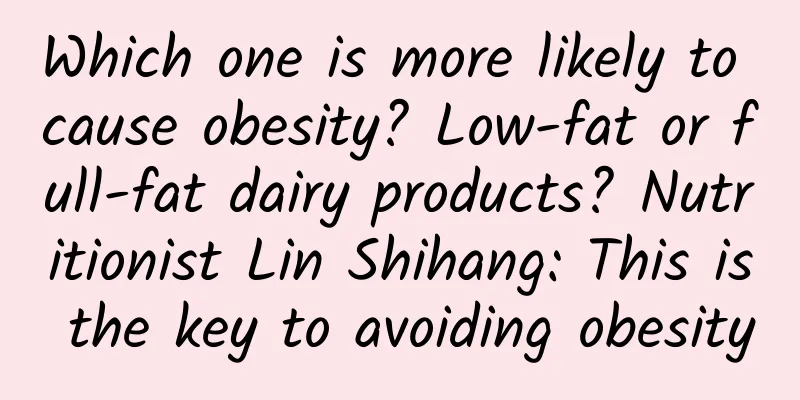Does exercising on an empty stomach help burn fat? Don’t make the mistake of following these 4 sports myths!
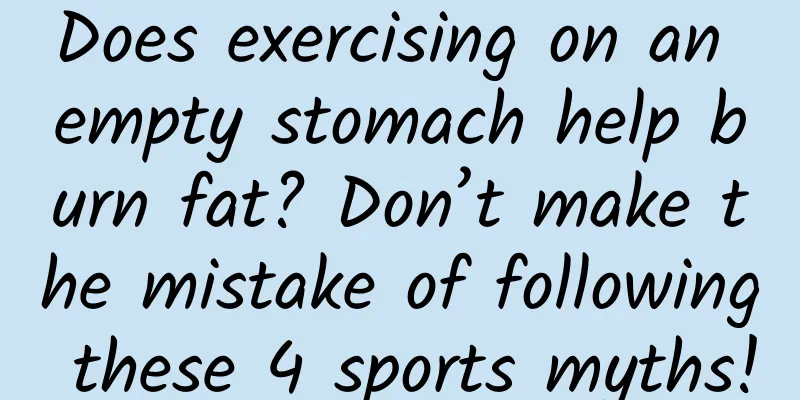
|
You finally started exercising, but are restrained by many wrong ideas? We have specially listed several questions that are often encountered by the general public, and explained several common fallacies about sports for everyone, hoping to change some wrong perceptions about sports and further enhance the correct concept of sports! Myth 1: Don’t eat after exercise because the body will absorb all the nutrients This is a misconception that many people have. Whether food can be completely absorbed depends on the type of food, and has nothing to do with whether or not you exercise. Food will not be fully absorbed just because of exercise. Even without exercise, most of the food you eat can be fully absorbed. Therefore, it is most important to carefully choose the type and amount of food. But how long should you wait before eating after exercise to avoid gaining weight? In fact, the key is the total amount of food. If you eat in moderation, the faster you eat after exercise, the less likely you are to gain weight! Because the blood circulation in the muscles is the best at this time, after the nutrients and calories are absorbed, the most are distributed to the muscles and the least to the fat, making it the least likely to make you fat. Correct answer: Follow the 30% reduction in total food intake. The sooner you eat after exercise, the less likely you are to gain weight. Myth 2: Exercise requires a lot of sweating to be effective Many people mistakenly believe that exercise is only effective if you sweat profusely. In fact, sweating is the body's natural physiological reaction to cool down and dissipate heat. It does not represent the amount of exercise or the metabolic rate, and has no direct relationship with the effectiveness of exercise. The amount of sweat you sweat during exercise depends on several factors, including exercise intensity, duration, ambient temperature and relative humidity; in addition, there are gender differences, with men generally sweating more than women. Therefore, we cannot measure the effectiveness of exercise by the amount of sweat we produce. Some people have well-developed sweat glands and sweat a lot with just the slightest movement. Some people have less developed or less active sweat glands and therefore do not sweat easily, but they will still sweat as long as the intensity of exercise is increased. Correct answer: The amount of sweat is related to exercise intensity, time, ambient temperature and relative humidity, and has nothing to do with the effect of exercise. Myth 3: Exercise will make you grow muscles, but it will make it harder to lose weight This is absolutely a wrong statement, because for the same 1 kilogram of weight, the volume of fat is 3 times that of lean meat! The more fat you have, the fatter you will look. For the same weight, it is better to have meat rather than fat. Exercise helps increase muscle mass, making you look naturally thinner. Fat, muscle and bone are the main components of the body. If you consume muscle mass and have a high body fat percentage during the weight loss process, your body composition will deteriorate, your metabolic rate will decrease, and weight loss will be ineffective. Not only will it become increasingly difficult to lose weight, you will look like a puff, and your figure and posture will become unattractive. Especially for girls, it is actually quite difficult to build muscles because girls lack the hormone "testosterone" that makes muscles grow. Testosterone is mainly secreted by men's testicles or women's ovaries, but the amount secreted by women is very small. Therefore, it is not easy for girls to build muscles like men. Therefore, there is no need to be afraid of growing big muscles by exercising a lot. Correct answer: The volume of fat is three times that of muscle, so at the same weight, a higher muscle mass will make your body look thinner. Myth 4: Exercising on an empty stomach helps burn fat and increase weight loss results How much fat is burned through exercise is mainly determined by the duration, intensity and type of exercise. Among all kinds of exercise, aerobic exercise has the best fat-burning effect. Since the body will first use carbohydrates as fuel, the proportion of fat burned will gradually increase after about 10 to 20 minutes of moderate intensity exercise, so the exercise time should be at least 10 minutes as a goal. In addition, it is best to eat a small amount of carbohydrate-based food about 1 hour before exercise. This will help maintain a longer exercise time and burn more fat. In fact, the burning and use of fat requires a negative balance, which is a contest between "intake" and "consumption". Every bite of calorie-containing food you put in your mouth is intake (+), but as long as you exercise, it is consumption (-). As a result of addition and subtraction, as long as the balance is positive, it will be stored and accumulated, and as long as the balance is negative, fat will be burned and used. Whether you are fasting or not has little to do with fat burning. However, the two hours after a meal is a very important time for digestion and is not suitable for exercise. Correct answer: The effect of exercising on an empty stomach or after a meal on fat burning is insignificant and has nothing to do with fat burning. There is no need to focus on this. What you should pay more attention to is "intake" and "consumption". This article is from Paston Publishing's "7 Days to Lose Weight Healthy and Keep Fat Without Gaining Weight Again!" 》 |
<<: Did you do the right thing in losing weight? 7 key points you must know!
>>: Eat pumpkin to lose weight. Learn these three recipes easily.
Recommend
The main manifestations of mild, moderate and severe cervical erosion
Cervical erosion is a common gynecological diseas...
To prevent cervical erosion, you must choose the right method
Cervical erosion is a very common gynecological d...
How to determine whether there is an ectopic pregnancy?
How should we judge ectopic pregnancy? Ectopic pr...
What are the abnormalities of severe cervical erosion?
What are the abnormalities of severe cervical ero...
Is it better to exercise during menstruation?
Whether to exercise during menstruation depends o...
Do uterine polyps require surgery? Consider the actual situation
How patients with cervical polyps should be treat...
Cervical hypertrophy may cause slight erosion in the cervix
Cervical hypertrophy will cause slight erosion in...
Frequent infections, chronic fatigue… 5 symptoms of vitamin D deficiency
Many people have osteoporosis problems, but they ...
A 53-year-old woman has sex 4 times a month for many years, and her health indicators are enviable
There is a 53-year-old lady, her name is Ms. Lin....
Compare weight loss surgeries and evaluate carefully to enjoy health (Part 2)
Exercise can strengthen the body's muscles an...
What to do if your endometrium is thickened
Endometrial thickening is also known as endometri...
What should you pay attention to after a missed abortion?
Missed abortion is a big blow to women. It not on...
How does hyperprolactinemia develop?
Hyperprolactinemia is not a very common disease, ...
What are the typical symptoms of uterine fibroids?
Uterine fibroids are the most common benign fibro...
What can I eat before and after uterine fibroid surgery? Dietary care methods before and after uterine fibroid surgery
If a woman's uterine fibroids grow too large,...
